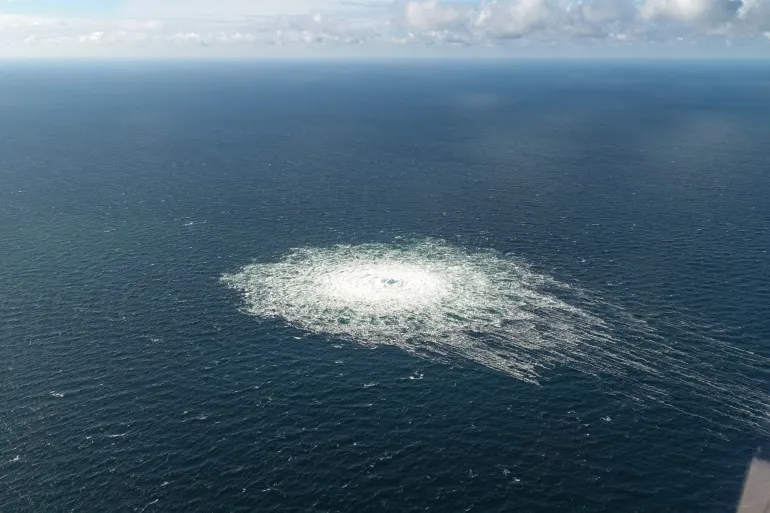Polish Prime Minister Donald Tusk has said handing over the Ukrainian diver is not in the country’s best interests.
Published On 17 Oct 2025
A Polish court has blocked the extradition of a Ukrainian diver wanted by Germany in connection with the 2022 Nord Stream gas pipeline explosions, a handover that Polish Prime Minister Donald Tusk said earlier this month was not in his country’s best interests.
The Warsaw District Court rejected the extradition of the man, only identified as Volodymyr Z, on Friday and ordered his immediate release.
Recommended Stories
list of 3 itemsend of list
The government had previously said that the decision about whether Volodymyr Z should be transferred to Germany was one for the courts alone.
Tusk has said the problem was not that the undersea pipelines, which run from Russia to Germany, were blown up in September 2022, but that they were built at all.
The explosions ruptured the Nord Stream 1 pipeline, which was inaugurated in 2011 and carried Russian natural gas to Germany under the Baltic Sea until Russia cut off supplies in August 2022.
They also damaged the parallel Nord Stream 2 pipeline, which never entered service because Germany suspended its certification process shortly before Russia invaded Ukraine in February 2022.

The explosions largely severed Russian gas supplies to Europe, marking a major escalation in the Ukraine conflict and squeezing energy supplies.
Germany’s top prosecutors’ office says Volodymyr Z was one of a group suspected of renting a sailing yacht and planting explosives on the pipelines near the Danish island of Bornholm.
He faces allegations of conspiring to commit an explosives attack and of “anti-constitutional sabotage”.
His Polish lawyer rejects the accusations and says Volodymyr Z has done nothing wrong. He has also questioned whether a case concerning the destruction of Russian property by a Ukrainian at a time when the countries are at war is a criminal matter.
Volodymyr Z’s wife has told Polish media her husband is innocent and that they were together in Poland at the time the pipelines were blown up.
He is one of two Ukrainians whose extradition German judicial authorities have been trying to secure in the case.
A man suspected of being one of the attack’s coordinators was arrested in Italy in August. This week, Italy’s top court annulled a lower court’s decision to order his extradition and called for another panel of judges to reassess the case, his lawyer said.